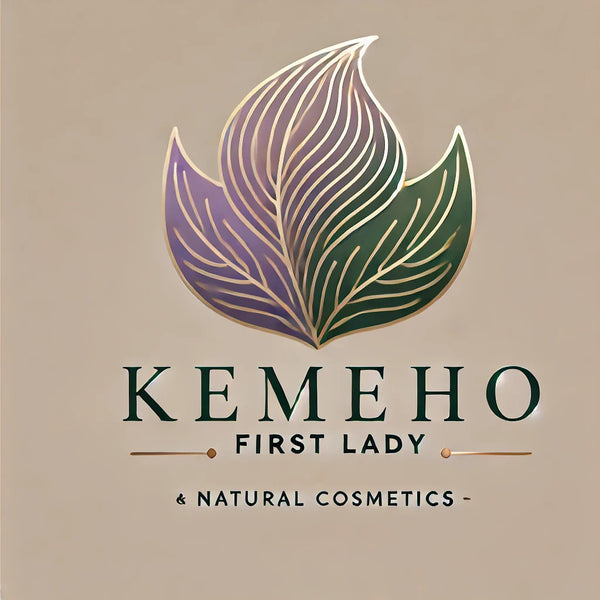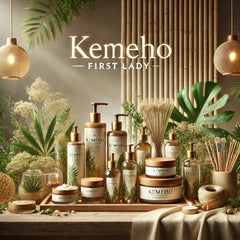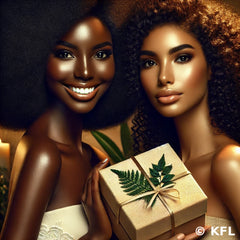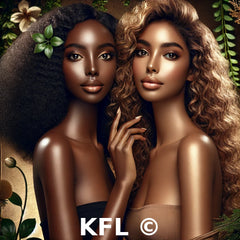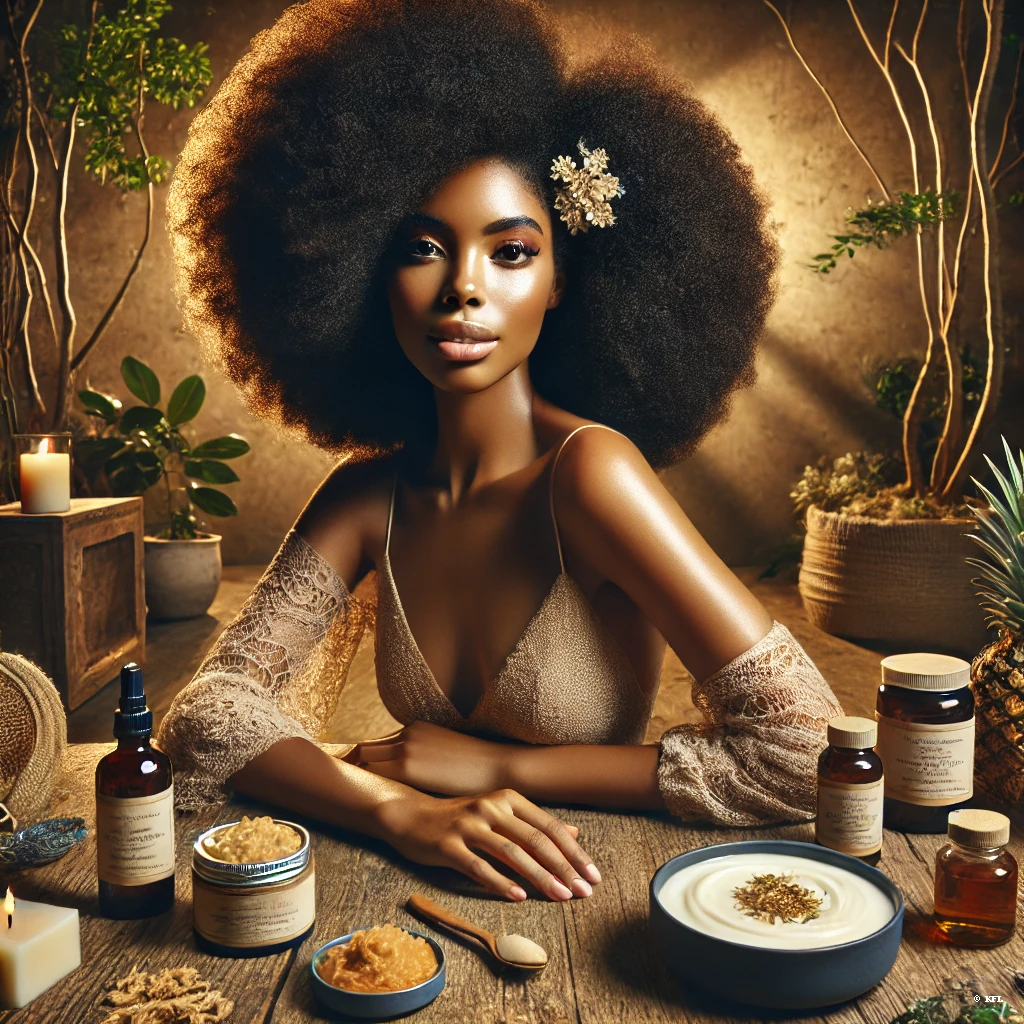
Myths and Realities about Natural Hair Care
Share Label
In the world of natural hair care, many myths circulate: miracle solutions promising instant results or, conversely, misconceptions that may discourage people from choosing healthier options for their hair. In this article, we will explore some of the most common myths and confront them with reality. The goal is to help you make informed choices and adopt a more balanced approach to caring for your hair.

1. Myth: Vegetable oils do all the work
Reality: Vegetable oils are incredibly beneficial, but they are not magic solutions. While they are excellent for sealing in moisture and nourishing the hair, they cannot replace water-based moisturizing products or deep treatments that are necessary for healthy hair.
2. Myth: Natural products work for everyone
Reality: Hair texture, porosity, and even climate play a role in the effectiveness of a product. Just because a natural ingredient is good doesn’t mean it will work for every hair type. For example, low porosity hair may react poorly to heavy oils like castor oil and may prefer lighter oils or water-based creams.
3. Myth: The more natural ingredients, the better
Reality: A very complex natural product is not necessarily better. Sometimes, simple formulations using a few carefully chosen ingredients can be just as effective. It’s important to focus on your hair’s specific needs rather than seeking out endless ingredient lists.
4. Myth: Frizzy hair should be washed as infrequently as possible
Reality: Frizzy hair should not be washed daily, but that doesn’t mean you should wait weeks between washes. A healthy scalp is crucial for the health of your hair. Using a gentle shampoo or co-washing method regularly can help maintain a clean scalp without compromising natural hydration.
5. Myth: Natural products never cause allergies
Reality: Although natural products are often better tolerated, they can still cause reactions in some people. Essential oils, plant powders, and even some natural butters can irritate sensitive scalps. It’s a good habit to do a patch test before incorporating a new product into your routine.
Conclusion
By moving beyond these myths, you'll be better equipped to make informed decisions about your natural hair care. Rather than searching for universal solutions, focus on what works for your hair type, lifestyle, and goals. With solid knowledge and a personalized approach, you'll be able to build a hair care routine that truly meets your needs.
